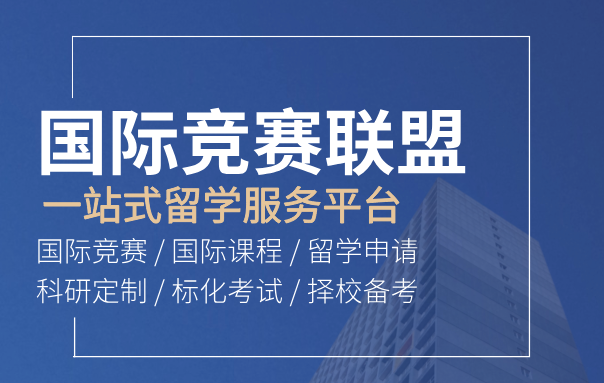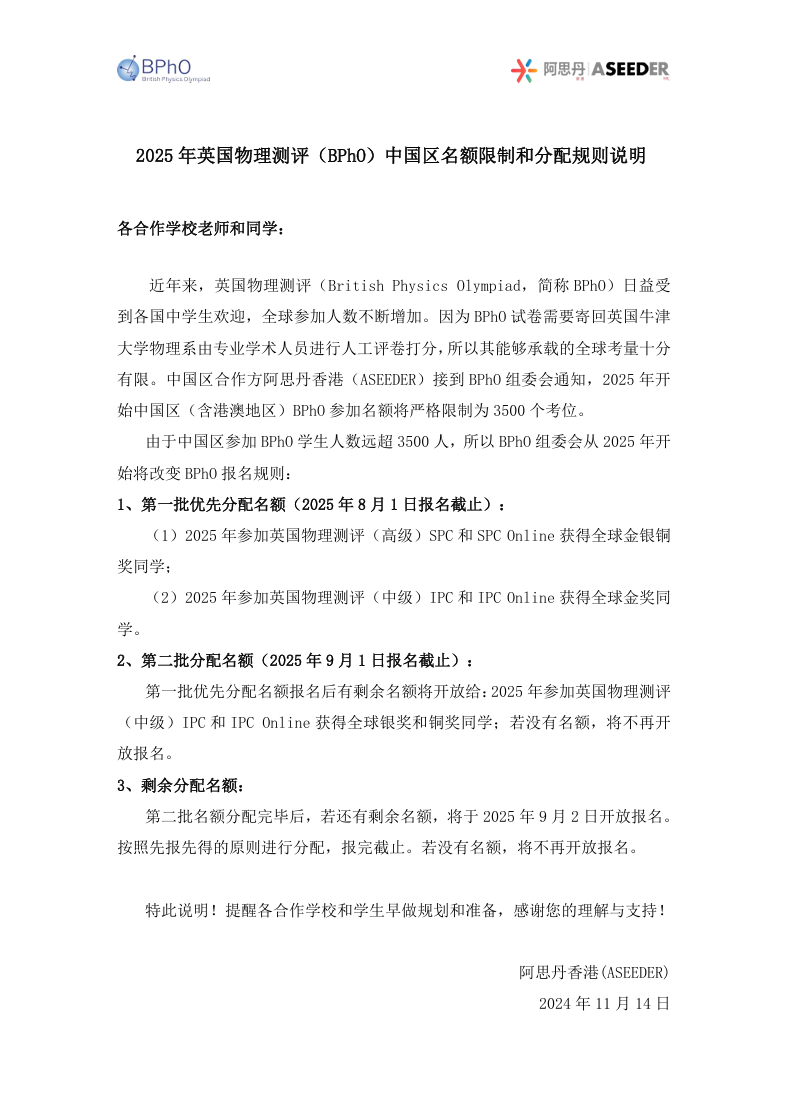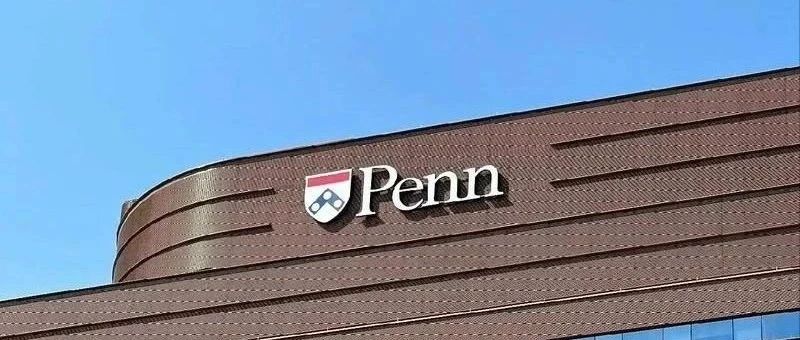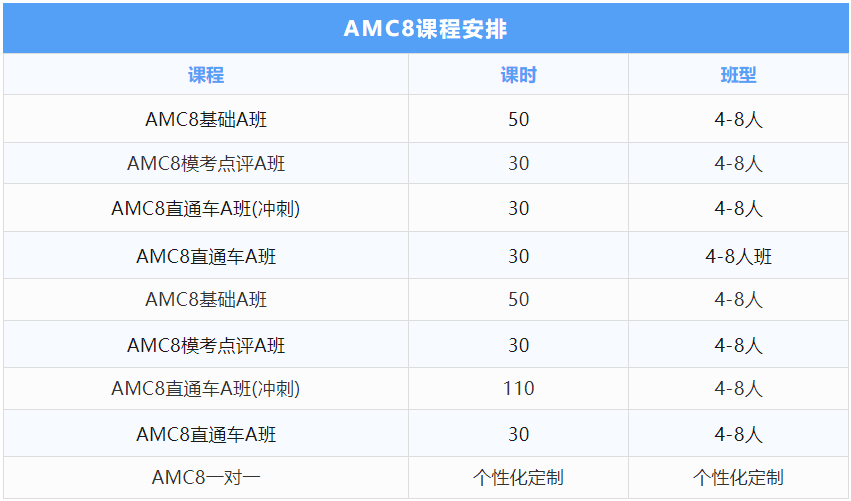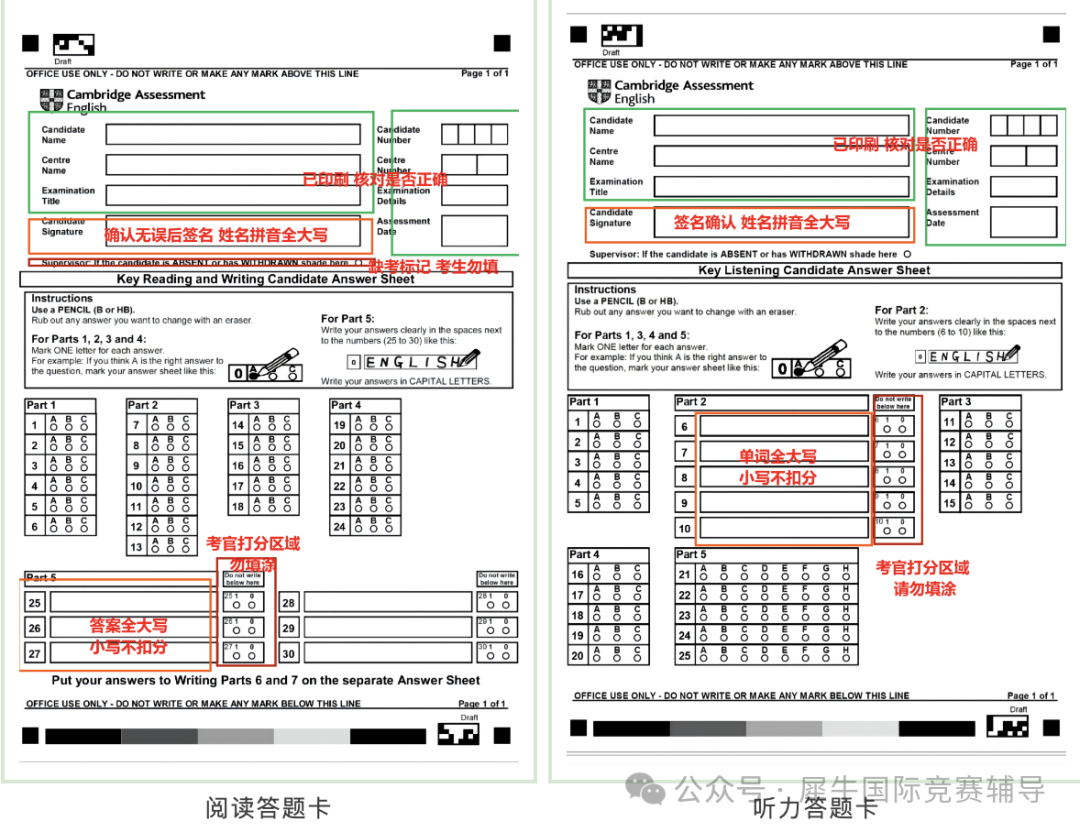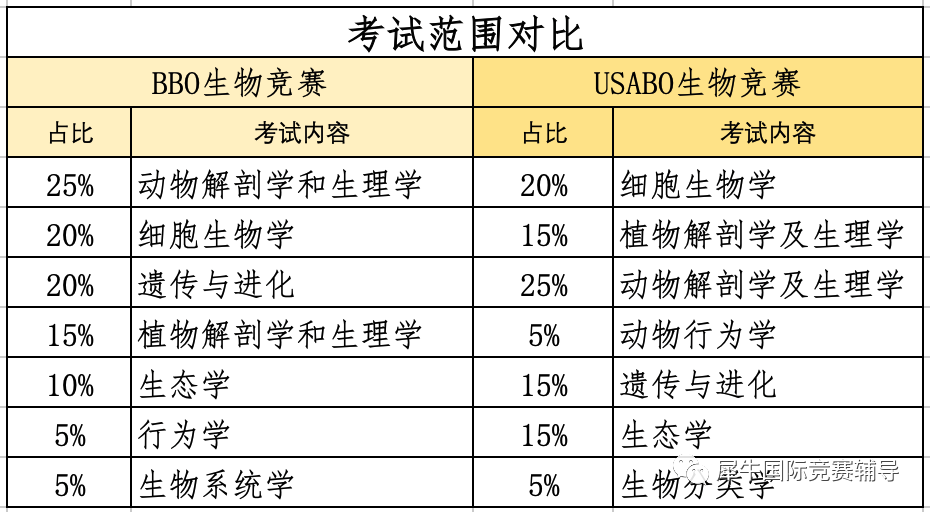在备考口语时,许多小伙伴都会觉得Part 3是一个硬骨头,难度很大。Part 3相较于Part 1、Part 2难度大增的主要原因是:
1)涉及的话题宽广——每个季度Part 2大约有50个话题,相应地,每个Part 2下面会对应三组小话题,每组小话题又会有三个小问。如此一算,Part 3题目数量实在庞大。
Part 3题目示例:

2)无法预测题目——大家在各种渠道看到的Part3题目,基本都是靠收集考生口语考试回忆得出,但回忆出来的题目很多时候存在偏差;此外,已经参加过考试的同学可能深有感触,真实考试时,考官在Part 3可能会抛出一些“市面题库”上没有的问题。
3)自身阅历有限,思路受限——很多时候,不是大家的英文水平不行,而是大家中文水平和思维广度、深度也不行。Part 3的有些问题确实比较刁钻(或者用大家的话来说,问得很“奇葩”),哪怕用中文都不一定能答上来。比如:
- What’s the difference between a job and a career?
- Shouldartists create beautiful things or interesting things?
- Do you think creative people are messy?
所以在备考雅思口语时,Part 3这块,在备考策略上与Part 1、Part 2会有所不同。建议大家不要盲目刷题库或是直接大段背诵答案。建议大家在备考雅思口语Part 3时:
1)掌握Part 3常考问题类型的特点和基本的答题框架;
2)广泛积累与Part 2大话题相关的观点与素材;
3)抓大放小,借助“万能观点/理由“,进行延伸,并学会有效将其迁移到不同的问题中,灵活应用。
我们今天以“交通运输便利便捷”这一点给大家示范一下,如何将“万能观点/理由应用到不同的题目中”。示范后,还有两组万能观点/理由供大家练习。
核心点:交通运输便利便捷
What is the greatest invention in recent years?
Well, it's difficult to pinpoint a single greatest invention given the rapid pace of technological advancement in recent years. However, as I see it, the high-speed train is the greatest. It has brought about significant changes in many aspects. In my country, for example,more and more cities and towns are connected by high-speed trains, enabling people to work and study in a metropolis far away from their hometowns. Also, high-speed trains have made long-distance journeys much more pleasant. Therefore, more and more people are willing to visit distant places with beautiful scenery and distinctive cultures. This, in return, promotes tourism in the region. Without high-speed trains, these places are still virtually inaccessible and isolated.
Why do Chinese people like travelling today?
Well, if we’re talking about domestic and intercity travel, I would say the increasingly efficient transport system plays a significant role. More specifically, in the old days, visiting a nearby city would be time-consuming. However,with high-speed trains, we could reach ourdestinations in a much shorter time. That is why, for example, an increasing number of dwellers in Chengdu go to Xi’an for a weekend break, and natives of Chongqing go to Chengdu or Kunming to spend a short holiday. Examples like these areaplenty.
What are the differences between the food people eat today and the food people ate in the past?
A significant difference is the diversity of foods available today compared to the past. In the early 20th century, people primarily consumed locally-grown produce and goods. They bought vegetables and fruit from nearby farmers' markets and consumed dairy products from local farms. Nowadays, however, people can purchase and enjoya wide array of products imported from around the globe. For instance, they can easily find beef from New Zealand or cheese from Switzerland on supermarket shelves. This shift is a result of more efficient and cost-effective shipping options. Improved air travel and extensive highway networkshave ensured that produce from distant regions reaches local shelves quickly and remains fresh upon arrival.
练习:核心点——碳足迹(carbon footprint [释义:the amount of carbon dioxide that a person or organisation produces by the things they do, used as a way of measuring the amount of harm they do to the environment])
大家尝试将碳足迹的相关内容融入到以下Part 3的问题答案中:
What are the disadvantages of buying things online?
要点提示:
non-recyclable packaging materials 不可回收的包装材料
bubble wrap, plastic bags and foam 气泡布、塑料袋以及泡沫
long-distance shipping 长途运输
air freight 空运
end up in landfills 最终留在了垃圾填埋场
prevent damage 防止损坏
online retailers 线上零售商
faulty products 有瑕疵的产品
higher return rates 更高的退货率
Should people be encouraged to use more of public transportation?
要点提示:
carry/accommodate more passengers at once 一次性运载更多乘客
reduce the number of private vehicles on roads 减少路上的私有车辆
lessen emissions from cars 减少汽车尾气排放
lower per capita emissions 人均排放量更低
What do you think people’s homes will be like in the future?
要点提示:
energy-efficient household appliances 节能型家用电器
smart thermostats 智能恒温器
adjust heating and cooling automatically 自动调节取暖和制冷
reduce reliance on air-conditioning and heating 减少对空调和取暖系统的依赖
solar panels 太阳能板
smart windows 智能窗户
absorb heat in summer and release heat in winter 夏天吸收热量、冬天释放热量
recycled/eco-friendly building materials 回收制成/环保的建筑材料
collect and process rainwater/graywater for flushing toilets 收集并处理雨水/灰水以用于冲厕所
What do you think of fast fashion nowadays?
要点提示:
use a lot of synthetic fibres 使用大量的人造纤维
polyester, which is largely derived from petroleum 聚酯(原材料大多来自石油)
poor quality 质量低劣
short lifespan 生命期短
wear out quickly 很快就穿坏了
increase consumption 增加消费
lead to/encourage a throwaway mindset/culture 导致/鼓励一次性理念/文化
clothes are discarded quickly 衣服很快就被抛弃
练习:核心点——休闲活动之广场舞(square dance)
大家尝试将广场舞的相关内容融入到以下Part 3的问题答案中:
What outdoor activities are popular in China?
要点提示:
retired people/retiree退休的人
dance to upbeat music随着欢快的音乐跳舞
feel connected and make friends 感觉不是孤独的个体、交友
a low-cost form of entertainment and exercise 低成本的娱乐和锻炼形式
How to deal with noise pollution in cities?
要点提示:
is a public nuisance “公害”
deafeningly loud music 震耳欲聋的音乐
run into conflict with nearby residents 与附近的居民发生冲突
disturb their sleep and distract children from their homework 打扰他们的睡眠,导致他们的小孩做作业时分心
introduce permissible times music volume 推行准许(跳广场舞)的时段和音乐音量
a designated area/site指定区域
What are the ways to stay healthy?
要点提示:
the elderly/the grey-haired 老年人
empty-nester空巢老人
promote mental/physical health促进心理/身体健康
feel isolated/disconnected 感觉孤单/与他人脱节
suffer from depression 患有抑郁症
encourage sb. to engage in outdoor activities鼓励sb.参与户外活动
establish friendships with residents in the same neighbourhood与同社区的居民建立友谊
work out锻炼
improve digestion促进消化






